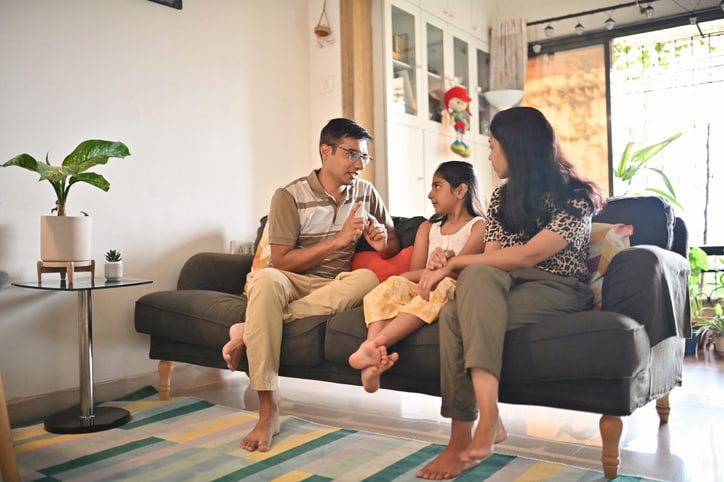If you have a child in school, you’ve likely been to at least one parent-teacher conference before. Sometimes these meetings go exactly as expected, but, unfortunately, that’s not always the case.
For instance, you may find out that your child is misbehaving or struggling with a certain subject, which could be very surprising news. No matter what happens, it’s important to stay calm and work with your child’s teacher to overcome any obstacles in the way of your little one’s success.
Here are eight steps you should take after your parent-teacher conference:
- Take Time to Digest Everything
If you received some surprising news at your parent-teacher conference, you may have left feeling angry or upset. Before you do anything else, it’s important that you take some time to process this information. You might even want to sleep on it, so that you can really think through everything that was said.For instance, if you were told that your child acts out in class, you should first think it over and try to assess what may be causing her to behave in this manner. Then, reach out to your child’s teacher to see what you can do to help the situation.
- Focus on the Concrete
Concrete examples play a vital role in your ability to properly assess the situation and make a game plan. For instance, if your child’s teacher says that your little one isn’t following directions, you should ask yourself if she provided examples of this behavior during your meeting. If she didn’t, feel free to reach out for more specifics.
- Talk to Your Child
Unless they’re very young, most kids are aware of their own academic struggles. If you found out that your child is having a difficult time with geography, ask her about it. She might be able to express to you why she’s struggling and what could help her. It’s totally possible that your little one is more comfortable sharing this information with you than her teacher, so you could be just the support she needs — just be sure to pass along any of your child’s concerns.
- Ask for Clarification
Most teachers appreciate it when a parent comes back after a difficult conversation and says, “This is what I understood from the meeting, is this correct?” It’s important that you both have a good grasp on the issues at hand, so you should always feel free to clarify anything that was discussed.
- Thank the Teacher
Although you’re upset and it might seem counterintuitive to thank your child’s teacher for sharing difficult information, you must keep in mind that she likely found this meeting to be just as tough as you did.
- Be a Team Player
You should always remember that your child’s teacher is on your team! You both have your little one’s best interests in mind, so you should work together to provide the necessary support. For instance, if your child is struggling in math, talk to his teacher about providing extra drills that you can go over with him at home. Do you want to become even more involved? Check out 16 Ways Parents Can Be Involved in the Classroom.
- Keep the Lines of Communication Open
Be sure to let your child’s teacher know about all the different ways she can reach you and when you’re available to talk.
- Check In Frequently
If your child is struggling academically, it’s important that you check in with his teacher frequently. For instance, if your little one isn’t working at grade level, you might want to request a weekly email that details his progress.
Do you have any more ideas about what you should do after a parent-teacher conference? Tell us in the comments below!
Laura Richards is a Boston-based freelance writer and the mother of four boys, including a set of identical twins. She has written for numerous parenting publications and is the president of On Point Communications. Her parenting links can be found on her website, Modern Mothering.









